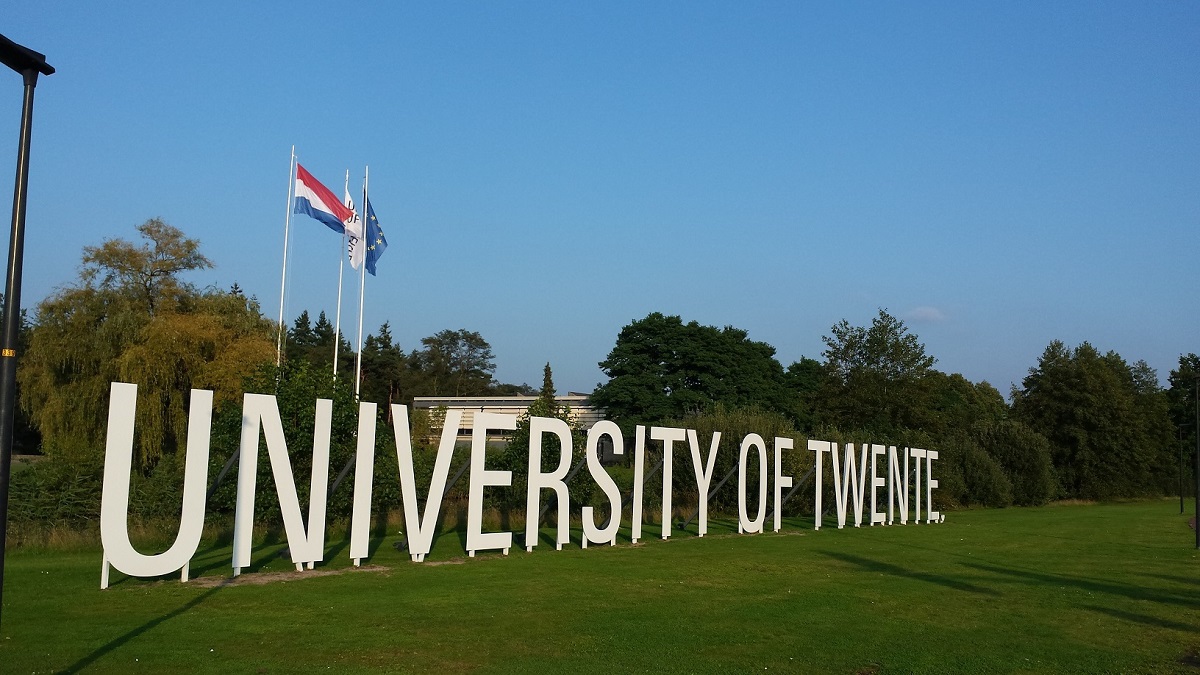
PhD researcher funded by the Top Sector funding of the Dutch government to work in the field of modelling of battery ageing mechanisms
The Power Electronics and Electromagnetic Compatibility Group within the department of Electrical Engineering, Mathematics and Computer Science (EEMCS/EWI) has one vacancy for a PhD researcher funded by the Top Sector funding of the Dutch government to work in the field of modelling of battery ageing mechanisms and to implement improvements both measurements and circuitry to extend its lifetime for reliable operation.
The objective of the project is to perform research, develop models including accurate measurements, utilizing data analytics for estimating life time and understanding the electrical fingerprints of battery ageing within the application of a BMS. The challenges of such a project include making accurate estimations of battery parameters such as voltage, current, temperature and states such as SOC, SOH and SOS etc. It is expected that data analytics (eg: knowledge-aware ANN) will help with accurate SOH determination. A major challenge in the field of battery electronics is to understand battery ageing from the electrical point of view. Extensive impedance analysis such as EIS for ageing are important for understanding the influence of different conditions that result in capacity fading.
RESEARCH FIELD
Li-ion battery has disrupted the world of energy storage thereby creating a pathway for a sustainable future relying on intermittent renewable energy sources. It is expected that the market for the same will exceed 400 GWh per year from 2025 onwards. There is an urgent need to understand and perform lifecycle testing to extend battery life and also reduce the accumulation of e-waste. Health of batteries as indicated by SOH needs a general revisit due to large inaccuracies. Here, extensive life-cycle testing (LCT) is needed to improve the health estimation including a need for improved figures of merit. Environment conditions including temperature, RF current, EM fields can degrade battery performance.
Ageing of batteries can happen due to natural degradation with time (calendar ageing) while loading conditions (cyclic ageing) will also degrade batteries. They are not exactly independent of each other, however, it is still scientifically useful to understand the extent and nature of battery degradation due to these conditions through electrical measurements and analysis. Ageing in battery cells is also cycle dependent and the linear ageing gives way for non-linear ageing conditions with time. The non-linear ageing region is not well understood and this work will also emphasize this, especially for states estimation as inaccuracies are expected to explode here. Tradeoffs between complexity of models, simulation time and accuracy are expected. These trade-offs are important and application dependent for eg: in-use BMS applications demand fast results with lesser weightage for accuracy. This project involves the hardware design and development of an advanced BMS with extended battery model.
A well-understood battery ageing research will give way for new pathways for extending lifetime including improvements in modeling and measurements but also for better BMS and monitoring using novel advanced electronics. Extending battery lifetime saves billions of Euros, reduces e-waste and hence this is a high impact research problem.
YOUR PROFILE
- We are looking for a highly motivated, enthusiastic and curiosity-driven researcher;
- You have, or are about to get, a master’s degree in power electronics, electrical engineering or a related field;
- Prior knowledge and experience with simulation tools (MATLAB, SPICE) and power electronics R&D (designing, debugging, testing ) etc is an advantage;
- Prior experience or interest in data sciences is a real bonus;
- You are an excellent teammate in an enthusiastic and hardworking group of scientists and engineers working within the PE group;
- You are creative, like to push boundaries, and are highly motivated to address major science challenges in power electronics and energy storage;
- You are proficient in English and able to collaborate intensively with industrial and academic parties in regular meetings and work visits.
OUR OFFER
- As a PhD student at UT, you will be appointed to a full-time position for four years, with a qualifier in the first year, within a very stimulating and exciting scientific environment;
- The University offers a dynamic ecosystem with enthusiastic colleagues;
- Your salary and associated conditions are in accordance with the collective labour agreement for Dutch universities (CAO-NU);
- You will receive a gross monthly salary ranging from € 2.443,- (first year) to € 3.122,- (fourth year);
- There are excellent benefits including a holiday allowance of 8% of the gross annual salary, an end-of-year bonus of 8.3%, and a solid pension scheme;
- A family-friendly institution that offers parental leave (both paid and unpaid);
- You will have a training programme as part of the Twente Graduate School where you and your supervisors will determine a plan for a suitable education and supervision;
- We encourage a high degree of responsibility and independence, while collaborating with close colleagues, researchers and other staff.
INFORMATION AND APPLICATION
Are you interested after reading this vacancy? Please send your application via the ‘Apply now’ button below before April 15, 2022, and include:
- an application/motivation letter,
- a detailed CV (Europass),
- a publication list,
- contact details of referees,
- and an academic transcript of B.Sc. and M.Sc. education.
The selection procedure includes an interview and scientific presentation.
For more information about the positions, you are encouraged to contact Dr. Prasanth Venugopal (power electronics) or Prof. dr. Gert Rietveld (measurements) using pe-vacancies@utwente.nlAPPLY NOW




